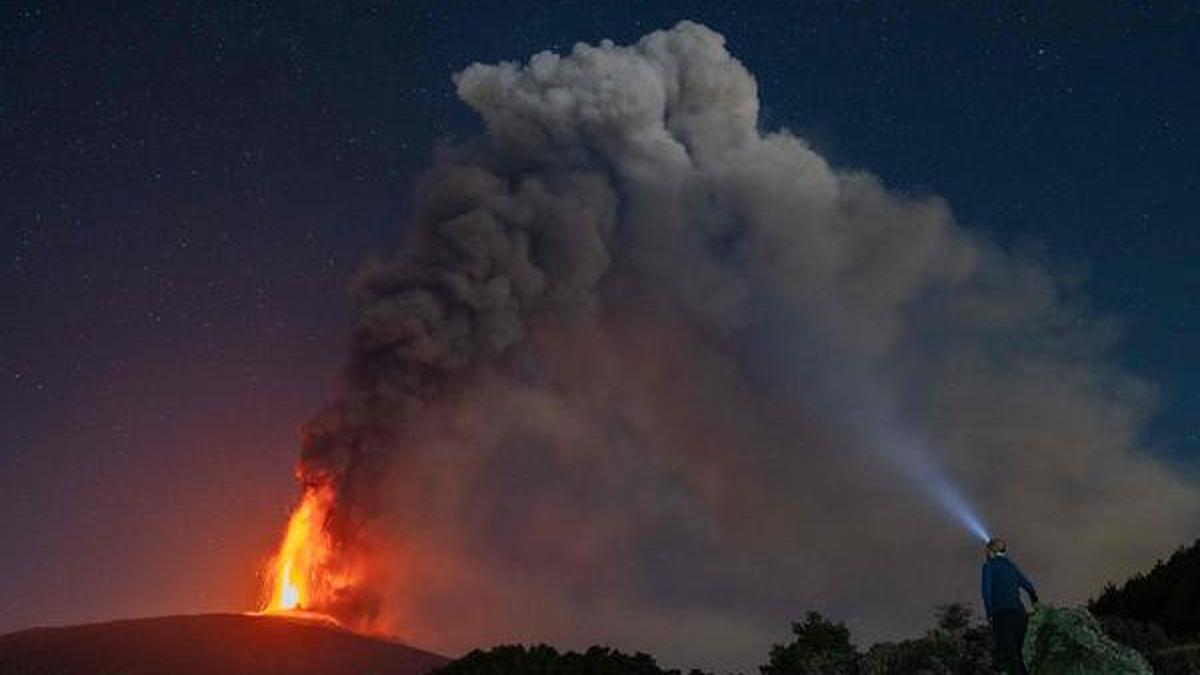
What is the latest science telling us about climate change?
The Hindu
2024's record-breaking temperatures increase pressure on policymakers to address climate change as scientists warn of faster-than-expected global warming impacts.
After another record-breaking year for global temperatures in 2024, pressure is rising on policymakers to step up efforts to curb climate change. The last global scientific consensus on the phenomenon was released in 2021 through the Intergovernmental Panel on Climate Change, but scientists say evidence shows global warming and its impacts have since been unfolding faster than expected.
Here is some of the latest climate research.
The world may already have hit 1.5 degrees C of warming above the average pre-industrial temperature - a critical threshold beyond which it is at risk of irreversible and extreme climate change, scientists say.
A group of researchers made the suggestion in a study released in November based on an analysis of 2,000 years of atmospheric gases trapped in Antarctic ice cores.
Scientists have typically measured today's temperatures against a baseline temperature average for 1850-1900. By that measure, the world is now at nearly 1.3 C (2.4 F) of warming.
But the new data suggests a longer pre-industrial baseline, based on temperature data spanning the year 13 to 1700, which put warming at 1.49 C in 2023, the study published in the journal Nature Geoscience said.
The warming of the Atlantic could hasten the collapse of a key current system, which scientists warn could already be sputtering.





















 Run 3 Space | Play Space Running Game
Run 3 Space | Play Space Running Game Traffic Jam 3D | Online Racing Game
Traffic Jam 3D | Online Racing Game Duck Hunt | Play Old Classic Game
Duck Hunt | Play Old Classic Game











